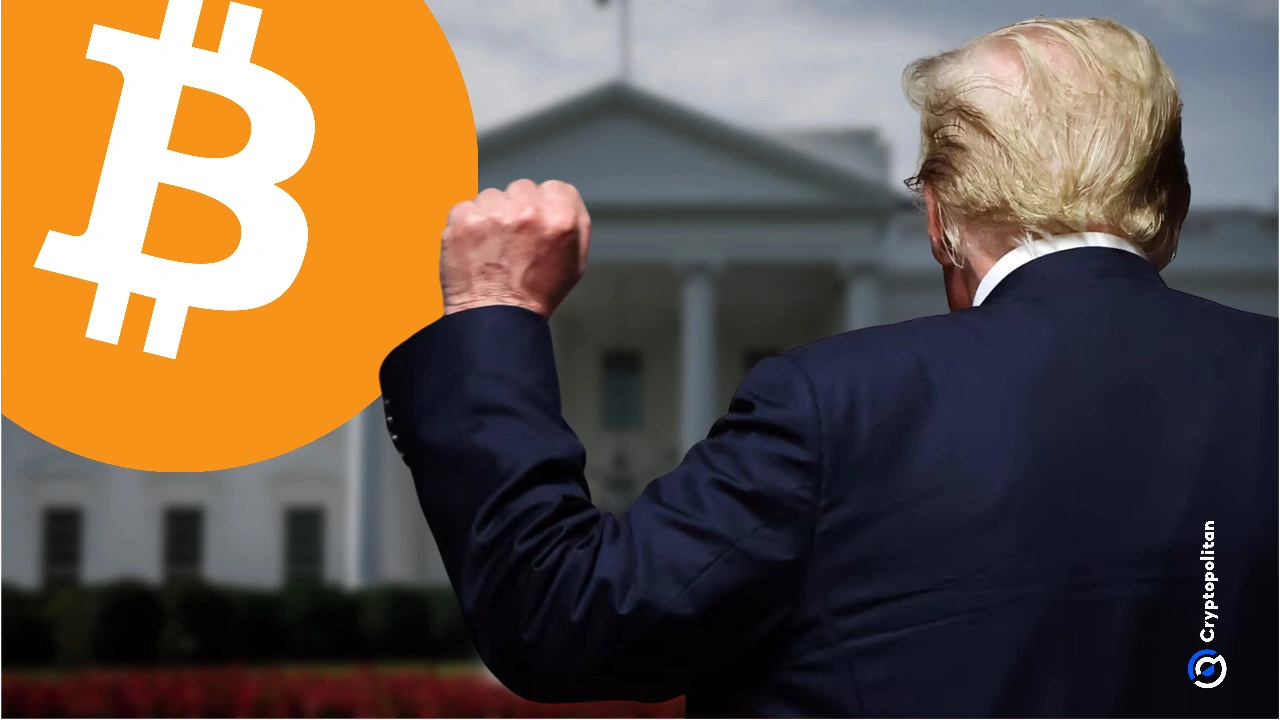Argentina’s economy has reportedly survived an impending severe recession in the third quarter of 2024, in what economists have described as a milestone for libertarian President Javier Milei. Since taking office, Milei has been forwarding an ambitious agenda to stabilize the nation’s long-running economic crisis.
According to data from Argentina’s statistics agency released on December 16, the country’s gross domestic product (GDP) expanded by 3.9% in seasonally adjusted terms between July and September compared to the previous quarter.
The growth marks the first positive quarter since late 2023, when the economy officially fell into recession. However, on an annual basis, GDP contracted 2.1% in the third quarter when compared to the same period in 2023.
The rebound comes as Milei approaches his one-year mark in office. His administration has undertaken aggressive spending cuts and wide-ranging deregulatory measures aimed at curbing triple-digit inflation and reviving investor confidence.
Argentina's President Javier Milei has dramatically cut govt employee headcount and regulations in the past year since he was elected.
As a result, inflation is falling rapidly and the economy is turning around. Now with more stability, investors are returning to Argentina. pic.twitter.com/jwR0gd8Xco
— Wall Street Mav (@WallStreetMav) December 4, 2024
These policies have drawn praise from high-profile figures such as US President-elect Donald Trump and billionaire Elon Musk, positioning Milei as one of the global right’s most-liked leaders.
President Milei’s market and economic impact
Argentina’s sovereign bonds climbed in response to the GDP report. The spread over U.S. Treasuries that investors demand to hold Argentine debt fell 4.4% to 677 basis points on Monday, a stark improvement from levels exceeding 2,000 basis points when Milei assumed office.
The broader economic crisis, largely attributed to years of inflation-fueled money printing under administrations that led previously, deepened in the early months of Milei’s presidency.
Austerity measures and soaring inflation led to a sharp rise in poverty, with rates increasing 11 percentage points to 53% in the first half of 2024. Despite this, signs of a fragile recovery are emerging as the government moves into 2025.
📊🇦🇷 Argentina’s economy grows 3.9% in Q3, still down yearly
Argentina’s GDP grew 3.9% in Q3 compared to Q2, marking its first quarterly expansion since 2023's recession, though it contracted 2.1% year-on-year, better than analysts' expectations of a 2.6% decline.
The recovery… pic.twitter.com/DDfaS7POkY
— PiQ (@PiQSuite) December 16, 2024
The recent economic expansion has been supported by a rebound in consumer spending and capital investment, both recovering from steep declines earlier in the year. Argentina’s agriculture and mining exports also posted strong gains, buoying overall output. However, key sectors such as manufacturing and construction remain deeply depressed.
2025 Argentina’s economic outlook
Even though Milei has seemingly given the country hope that it will recover from economic hurdles, analysts remain cautious. JPMorgan projects Argentina’s economy will contract by 3% for the entirety of 2024 but forecasts a rebound with 5.2% growth in 2025.
JPMorgan’s proposed level of expansion would bring per capita GDP back to where it stood in 2021 when the economy was recovering from the COVID-19 pandemic.
Economists surveyed by Argentina’s central bank share similar sentiments, predicting a 3% contraction for 2024 but anticipating 4.2% growth next year. Analysts emphasize the need for sustained economic improvement to lift living standards and bolster Milei’s position ahead of crucial midterm elections in late 2025.
Argentina will be one of the fastest-growing economies in 2025, offsetting the entire slump inherited from Peronism.
According to Bloomberg Economics.@JMilei pic.twitter.com/wzCofEX684
— Daniel Lacalle (@dlacalle_IA) December 11, 2024
Milei’s policies have begun to shift public and financial sentiment. Wages have outpaced inflation since April 2024, job growth has gradually resumed, and private estimates indicate poverty rates are now declining after their mid-year peak.
Additionally, Argentine citizens deposited over $20 billion into the financial system throughout 2024, spurred by Milei’s tax amnesty program. This move is seen as a significant indicator of confidence in the president’s economic vision.
In the longer term, Milei’s pro-business reforms are drawing foreign investment commitments, particularly in Argentina’s energy sector. However, economists caution that substantial foreign capital inflows may be delayed until the president fulfills his pledge to lift inherited currency and capital controls, a step Milei has promised to take in 2025.
Currency reforms and Bitcoin adoption
Looking ahead, President Milei has outlined several major policy initiatives for 2025, including free currency circulation and tax reforms aimed at overhauling the country’s financial framework. Under the proposed measures, Argentines would be able to conduct transactions in any currency, including Bitcoin (BTC), a policy designed to enhance financial freedom and flexibility.
In June 2024, the president strongly advocated for unrestricted currency competition and greater Bitcoin adoption, echoing policies seen in El Salvador while tailoring them to Argentina’s unique economic conditions.
The government had previously legalized contracts in Bitcoin in 2023, marking an early step toward crypto integration.
Ricardo Mihura, President of ONG Bitcoin Argentina, welcomed Milei’s push for deregulation but highlighted lingering barriers to crypto adoption.
“For a year now, there has been talk of free circulation, but it’s not true that there is real free competition between fiat currencies and Bitcoin. When you trade with dollars or euros, exchange rate differences with the peso are not subject to income tax, whereas with Bitcoin, they are. This significantly increases costs, deters, and complicates the use of Bitcoin as a currency,” Mihura said.
Despite criticisms, Milei has been persistent in adopting crypto and believes it is a key element of Argentina’s economic transformation. His broader tax reform proposal, which aims to reduce 90% of national taxes and shift tax-setting power to individual provinces, seeks to decentralize economic decision-making and alleviate financial pressures on citizens.
From Zero to Web3 Pro: Your 90-Day Career Launch Plan





